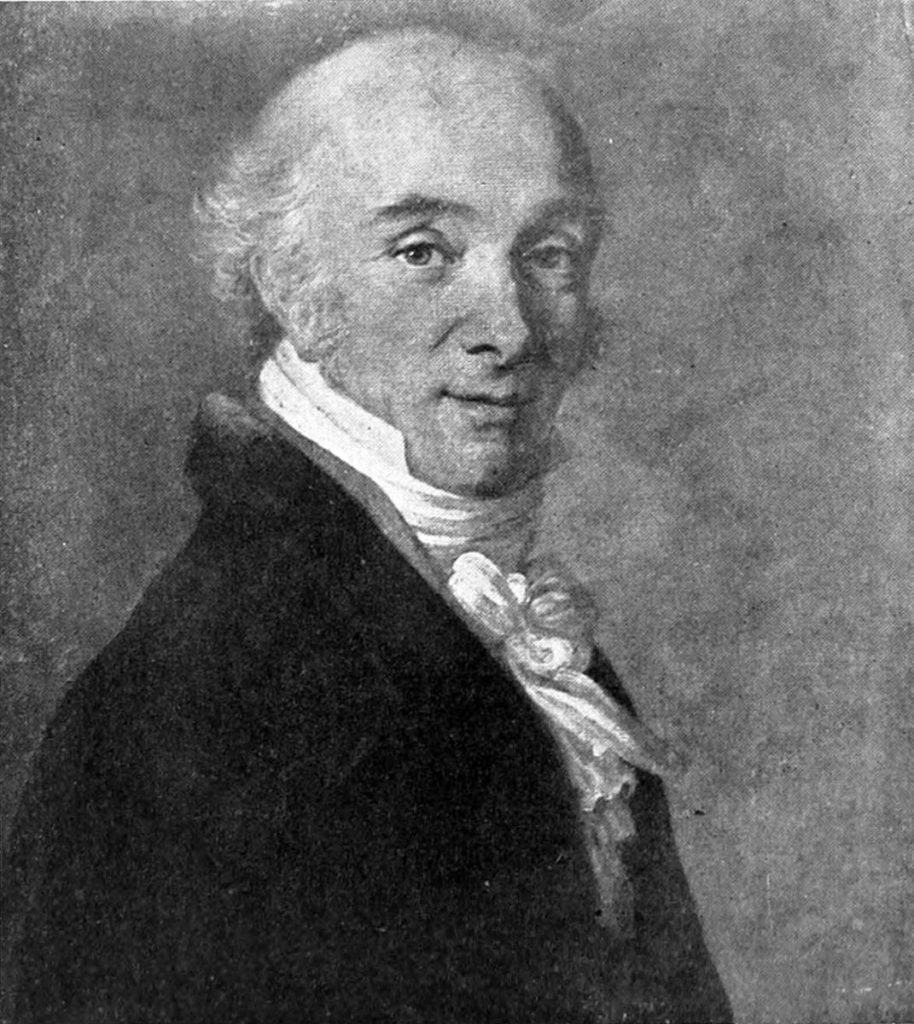Here’s the full audio of my first presentation of ‘The Violinists’ Practice Desk’. It was given as part of ‘The Exhale’ series, on the 3rd June 2020. For more information go to: https://www.the-exhale.com/
Below – resources which formed the background for edition one of ‘The violinists’ practice desk’ which I am presented for The Exhale on the 3rd June 2020
Giovanni Battista Viotti (1755 – 1824)


Peter Sheppard Skaerved plays the Ranz des Vaches on Viotti’s 1709 Stradivari in the Enlightenment Gallery of the British Museum

Viotti first hears the ‘Ranz des Vaches’ in 1792 (translated by Peter Sheppard Skaerved):
I don’t know whether many people know the Rans des Vaches. All that I know is that I first heard it in Switzerland, and made sure that I learnt it well enough there, so that I would never forget it. / I was walking by myself, towards the end of the day, in a one of those shady places where I never have the inclination to speak. The weather was beautiful, and the wind, which I abhor, was at rest. All was calm, and so was I – I held within me that that particular melancholy, which, at the same time every evening, I have always felt, concentrated in my spirit. /It seemed as if my thought had become indifferent to my thoughts: it wandered, but they did not follow. Scarcely any one thing held primacy in my heart. It was only prepared for the tenderness, and love, which, in that moment, cut away all my pain, and reminded me of my good fortune. My imagination stood, as one might say, immobile, free from passion. Without movement. /I came, and went. I climbed, and scrambled down imposing rocks. Chance led me into a ravine which I had never noticed before. And I was struck by how beautiful it was … flowers, grasses, streams, all forming a perfectly harmonious tableau. I sat down almost involuntarily, on a rock, free from any tiredness, and fell into a profound reverie (of a type which have experienced frequently). In such as state my ideas wander, interleave and mix themselves to much that I forget that I am on this earth. /I will be able to say nothing as to what produced in me such specific ecstasy, whether it is slumber of the should, or ever the absence or thought: all that I can say, is that I love it, am caught up by it, and would want to rationalise it. /While I was still sitting on this boulder, quite suddenly my ears, or rather, my entire being, were struck by such sounds, some precipitate, some long and sustained. These seemed to rise from one mountain, and fly across to another, without being repeated by the echoes. /These came from a long trumpet, and a women’s voice was blending with its sound sounds, soft and sensitive, forming an exquisite unison. I was so struck by this enchantment, I pulled myself together, shedding a few tears, and listener, primarily, to engrave this Rans des Vaches on my memory, and that is what I am communicating here. /I thought, that I should write the music down without pulse, that is to say, without measure. It’s one of those particular cases where melody comes into being without apparent genesis. But rather is itself, of itself, alone. The least ‘measure’ would destabilise its effect. What is true to say, is that its sounds stretched themselves out in space, so that one could not know how to determine the time that would be necessary for it to progress from one mountain to another. It is the emotion and thought above all, which must carry us to the truth of its execution, through which rhythm and cadence are ‘measured’. /This ‘Rans des Vaches’ would be rendered de-naturedif marked up in bars: it would lose its simplicity. So, in order to render it most authentically, and as much as possible, as I heard it, it behoves that the imagination must carry you to where it was heard. Thus, performing it in Paris, it requires all of our faculties to feel it as if it and we were in Switzerland. /So, on certain delightful occasions, I have played it on my violin, accompanied by the Muse. In this way, the best of my friends have heard it. 26 6 1792


Ole Bull (1810 – 1880)









Posted on May 31st, 2020 by Peter Sheppard Skaerved